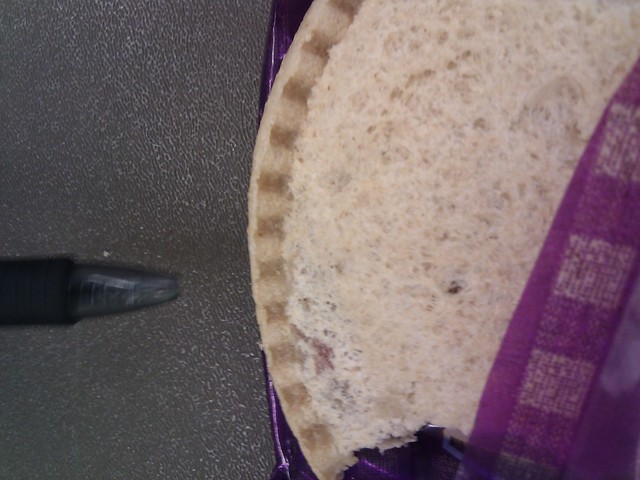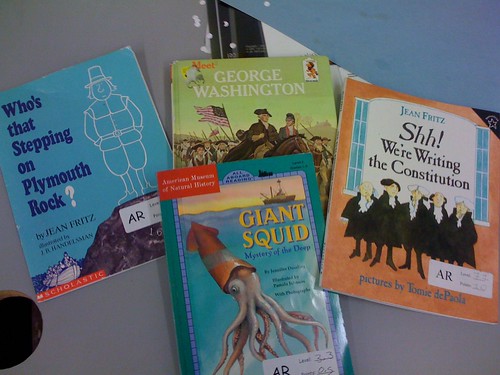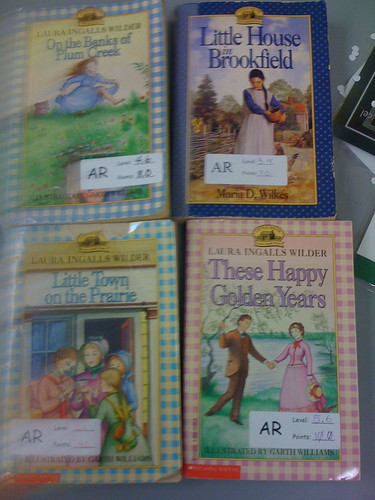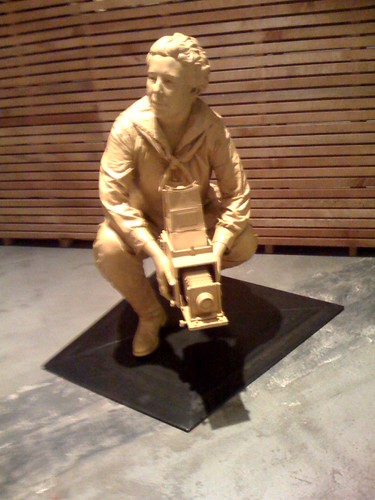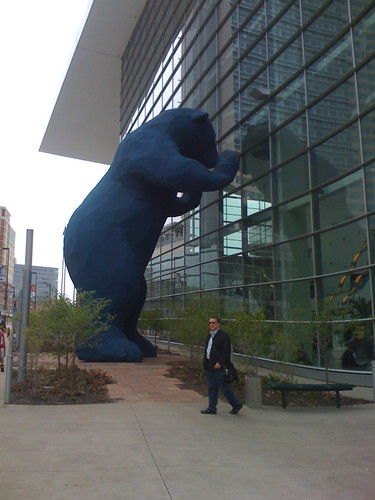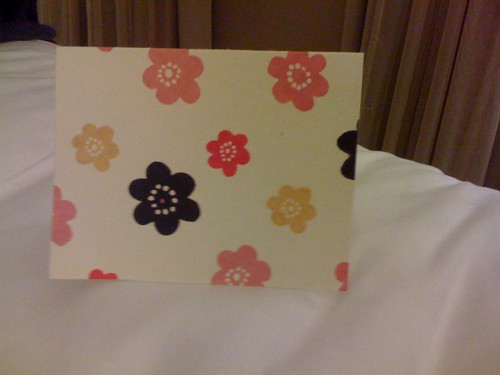
Heading out to Denver for AERA tomorrow. I want to especially encourage anyone to attend the interactive symposium listed above. Detailing the work of the UCLA IDEA Council of Youth Research, the symposium highlights the research of more than 30 Los Angeles High School students that I’ve helped work with. The students – as well as Ernest Morrell, John Rogers, our group of graduate student researchers, and a handful of incredible teachers – will also present on Saturday at the following session:
Youth Research and Advocacy for Educational Justice: Actions for Achievement and Change
Scheduled Time: Sat, May 1 – 4:05pm – 6:05pm Building/Room: Colorado Convention Center / Room 404
Abstract
This interactive symposium, featuring university faculty, graduate students, high school teachers, and high school students, tackles the following questions: 1. How does the presence of high school youth in the project of educational research transform conversations about educational reform? 2. How does the practice of participating in participatory research shape youth’s attitudes toward civic engagement? In the first part of this symposium faculty and graduate students will describe the project and analyze the importance of youth research to the project of urban school reform. The second portion of the session will feature current high school students and their teachers explaining their research and their efforts to utilize their research to enact school reform at the local, district, and state levels.
In addition to the two sessions related to the Council of Youth Research, I’ll also be presenting at the following two sessions:
Teaching Pedagogy and the Experiences of Children of Color
Scheduled Time: Fri, Apr 30 – 12:00pm – 1:30pm Building/Room: Colorado Convention Center / Room 603
Paper Title:
Hip-Hop “Hipocrisy”: New Teacher Perceptions of Critical Pedagogy and Student Experiences in “Critical” Classrooms
Rema Ella Reynolds & Antero Garcia
Abstract
This study focuses on new teacher perceptions of critical pedagogy and attempts to integrate issues of resistance and social justice within secondary public school classrooms. Student perceptions of their teachers, student academic achievement, and the ineffective use of popular cultural literacies, revealed that teachers’ motives and desired student outcomes are not as closely tied to academic success as they are to teacher popularity. Deficit thinking articulated in teacher expectations may leave students ill-prepared for life after school. Teacher education programs can often leave teachers unequipped with the skills necessary to simultaneously develop skilled, competitive, college-going graduates equipped multiple literacies. This paper concludes with suggestions for praxis and pedagogy as it relates to teacher education programs.
and
Praxis and Problem-Posing Pedagogy: Utilizing Critical Theory as a Transformative Tool in Urban Schools Across Disciplines
Scheduled Time: Sun, May 2 – 12:25pm – 1:55pm Building/Room: Colorado Convention Center / Room 706
Session Participants
| “Man, I Am Somebody”: Exploring the Effects of Black Feminist Pedagogical Practices on African American Female Students in a High School Literature Class |
| *Monique Lane (University of California – Los Angeles) |
| Una Estrofa Mágica: Décima Poetry as a Vehicle Toward Meaning Making and Educating the Self |
| *Karisa Jessica Peer (University of California – Los Angeles) |
| “Can You Hear Me Now?” Student Voice in the Battle for Cell Phone Use in a Less Than Receptive School |
| *Antero Garcia |
| Education in Crisis: Civic Learning Opportunities in Times of Political and Economic Turmoil |
| *Nicole Mirra (University of California – Los Angeles) |
| Discussant: Ernest D. Morrell (University of California – Los Angeles) |
|
|
|
| Chair: Nicole Mirra (University of California – Los Angeles) |
|
|
|
Abstract
This session highlights research that applies critical social theories (i.e. Black feminist theory, LatCrit, critical literacy, and critical civics) to the urban classroom context in order to facilitate the empowerment of students of color. Through focusing on praxis, this panel pushes both classroom practice and social theorizing in new directions that directly benefit educators and students in urban public schools and contribute to a more complex understanding of how race, class, gender, and immigration status influence learning. By providing case studies of curricular interventions, the papers in this session seek to privilege student voices and use them to push the conversation between theorists, researchers, and educators forward in the service of students often marginalized by the public education system.
If you are going to be at AERA, it would be nice to get in touch.
(Does anybody know what hashtag AERA will be using?)
Tell people this is awesome:
